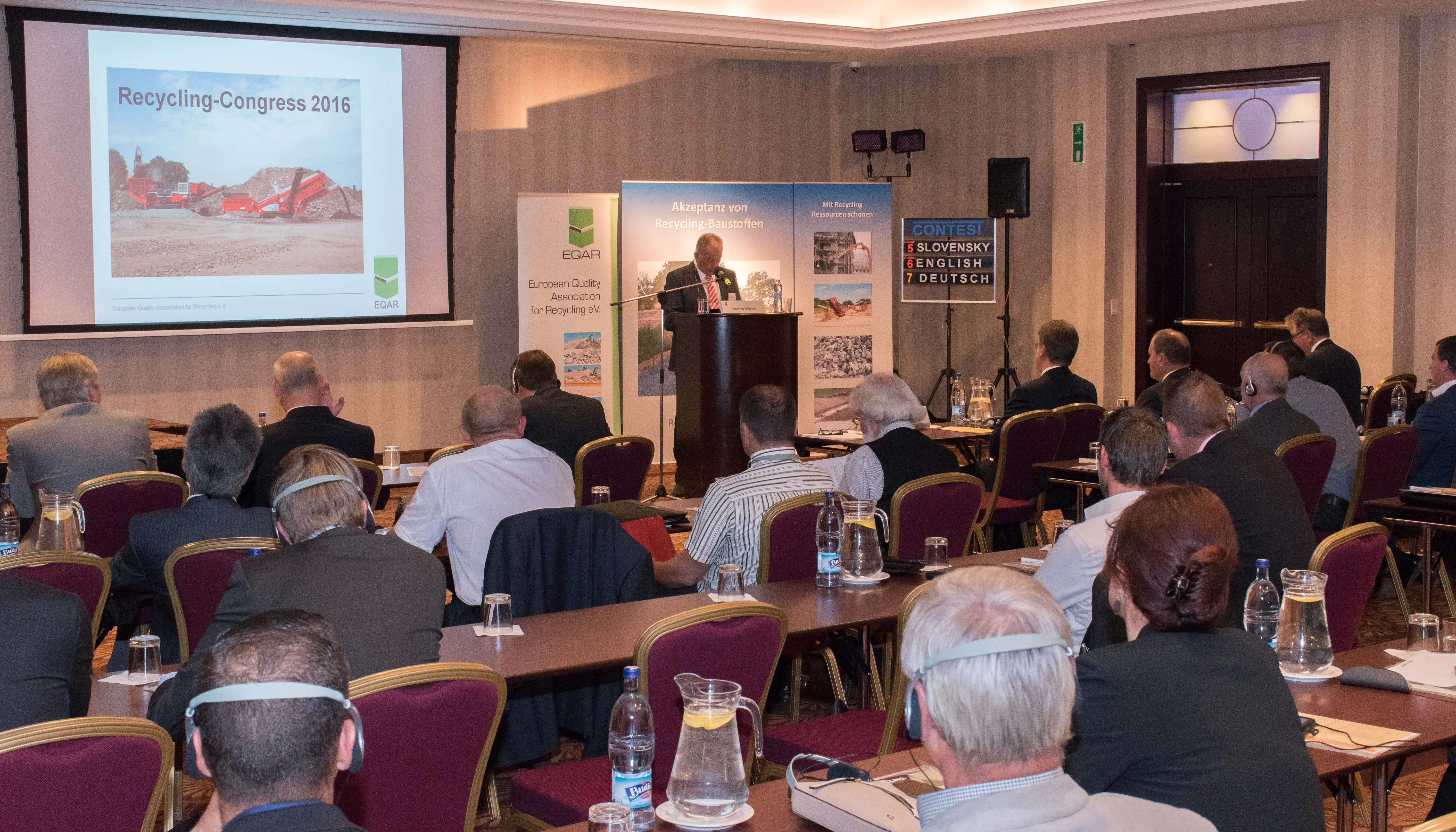The first of a series of Road Safety Seminars being organised in Central and Eastern Europe has confirmed the need for more investment in road safety. The European Union Road Federation, the Brussels Programme Centre of the International Road Federation (ERF-IRF BPC), organised the recent seminar in the Czech capital Prague.
Endorsed by the Czech Presidency of the European Union, the seminar proved a tremendous success, attracting over 50 participants as well as a plethora of keynote speakers. The seminar'
July 12, 2012
Read time: 2 mins
The first of a series of Road Safety Seminars being organised in Central and Eastern Europe has confirmed the need for more investment in road safety.
The2866 European Union Road Federation, the Brussels Programme Centre of the 713 International Road Federation (ERF-IRF BPC), organised the recent seminar in the Czech capital Prague.
Endorsed by the Czech Presidency of the1116 European Union, the seminar proved a tremendous success, attracting over 50 participants as well as a plethora of keynote speakers.
The seminar's general objective was to enable key stakeholders to acquire valuable information on road safety engineering and provide a platform for sharing best practices.
Attended by major public and private organisations from the Czech Republic and Slovakia and keynote speakers from across the European Union, the seminar touched on a number of themes directly linked to better road safety, and these included relevant European standards and norms, their application in EU Member States, road safety infrastructure, and road financing.
"While efforts to improve road safety in the Czech Republic and Slovakia have been stepped up in recent years, the seminar confirmed that there remains significant space for improvement. More generally, the need for more investment in road infrastructure and safety was re-affirmed," said the ERF-IRF BPC.
The two-day seminar concluded with a visit to the Prague Circle Expressway crossing the Vltava River in Lahovice.
The workshop's success means that similar initiatives will most likely be undertaken in Croatia and/or Romania by the end of 2009.
The
Endorsed by the Czech Presidency of the
The seminar's general objective was to enable key stakeholders to acquire valuable information on road safety engineering and provide a platform for sharing best practices.
Attended by major public and private organisations from the Czech Republic and Slovakia and keynote speakers from across the European Union, the seminar touched on a number of themes directly linked to better road safety, and these included relevant European standards and norms, their application in EU Member States, road safety infrastructure, and road financing.
"While efforts to improve road safety in the Czech Republic and Slovakia have been stepped up in recent years, the seminar confirmed that there remains significant space for improvement. More generally, the need for more investment in road infrastructure and safety was re-affirmed," said the ERF-IRF BPC.
The two-day seminar concluded with a visit to the Prague Circle Expressway crossing the Vltava River in Lahovice.
The workshop's success means that similar initiatives will most likely be undertaken in Croatia and/or Romania by the end of 2009.








